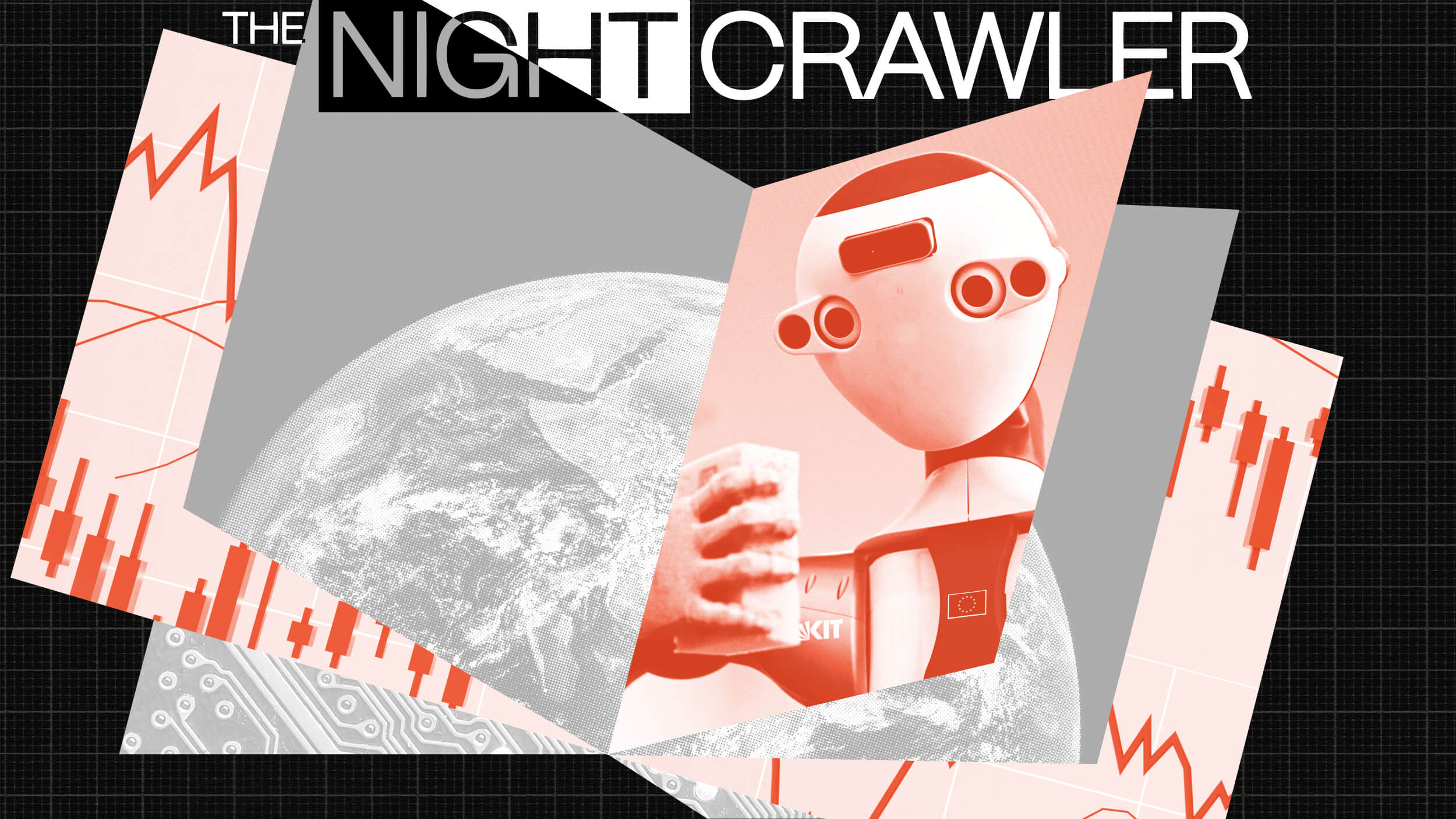You first develop your ego when you are two or three years old. It creeps into existence the moment you realize that you are not empty—you are a self, and everyone else has a self in them. As you grow up, it latches onto positive and negative feedback and uses them to build the story of who you are. “The ego likes certainty, it likes security, it likes repetition, and so it’s always reinforcing its own vision of itself, and that starts to restrict us, to confine us, to make us think that we know ourselves better than we actually do,” says psychiatrist Mark Epstein. So what to make of the Buddhist concept of ‘egolessness’? Should we destroy the ego? Freud seemed to think that’s what Buddhists meant, but as Mark Epstein explains, the famous psychoanalyst got it wrong. The full nuance of ‘egolessness’ is not to be completely without ego, but to doubt the story that it tells you. “For many people [the ego] stays in a kind of immature place,” he says. Your ego has been your constant companion throughout life, but was there some point at which it stopped growing? “Maybe some of those fixed ideas that have been operating inside of you since you were a little kid and conditioning the way you interact with other people, with the world, maybe those are not all so right. Maybe you’re not as “really real” as you think you are, and you could start to let go of some of that a little bit.” Mark Epstein is the author of Advice Not Given: A Guide to Getting Over Yourself.
Mark Epstein: I think the average person who knows maybe a little bit about psychology or a little bit about Buddhism would think that the Buddhist emphasis or the Buddhist conversation about the ego is all about getting rid of the ego completely. There’s this notion in Buddhist psychology of “egolessness” or “no self”, and most people misinterpret that—as Freud actually did—most people misinterpret it to think that Buddhism is saying we don’t need the ego at all or we don’t need the self at all, like get rid of it and then we’re one with everything and that’s it. And I think that’s wrong. Obviously we need our egos.
A good friend of mine Robert Thurman who is a Professor of Buddhism at Columbia, a Professor of Religion at Columbia, he had a Mongolian teacher in the 1960s who used to say to him about this topic of egolessness or selflessness: "It’s not that you’re not real, of course you’re “real” you have a self, but people like you— secular people who don’t really understand—think that they’re “really real”" and what Buddhism is teaching is that that belief in your own “really realness” is misguided. We take ourselves more seriously than we need to; the self is not as fixed as we would like to think.
The ego is born out of fear and isolation. It comes into being when self-consciousness first starts to come, when you’re two or three years old and you start to realize, “Oh, there’s a person in here,” and you're trying to make sense of everything: who you are, who are those parents there? The ego is a way of organizing one’s self, and it comes from the intellect as the mind starts to click in. And for many people it stays in a kind of immature place where our thinking mind, our intellect, is defining for ourselves who we are—either taking all the negative feedback like, “I’m not good enough,” and the ego fastens onto all the negativity, or the positive—the affirmation like, “Oh, I’m really something.”
And the ego likes certainty, it likes security, it likes repetition, and so it’s always reinforcing its own vision of itself, and that starts to restrict us, to confine us, to make us think that we know ourselves better than we actually do.
So to bring Buddhism into therapy or to bring Buddhism into a secular audience, it’s all about starting to doubt the ego a little bit. Maybe you don’t know yourself as much as you think you do. Maybe some of those fixed ideas that have been operating inside of you since you were a little kid and conditioning the way you interact with other people, with the world, maybe those are not all so right. Maybe you’re not as really real as you think you are, and you could start to let go of some of that a little bit.





